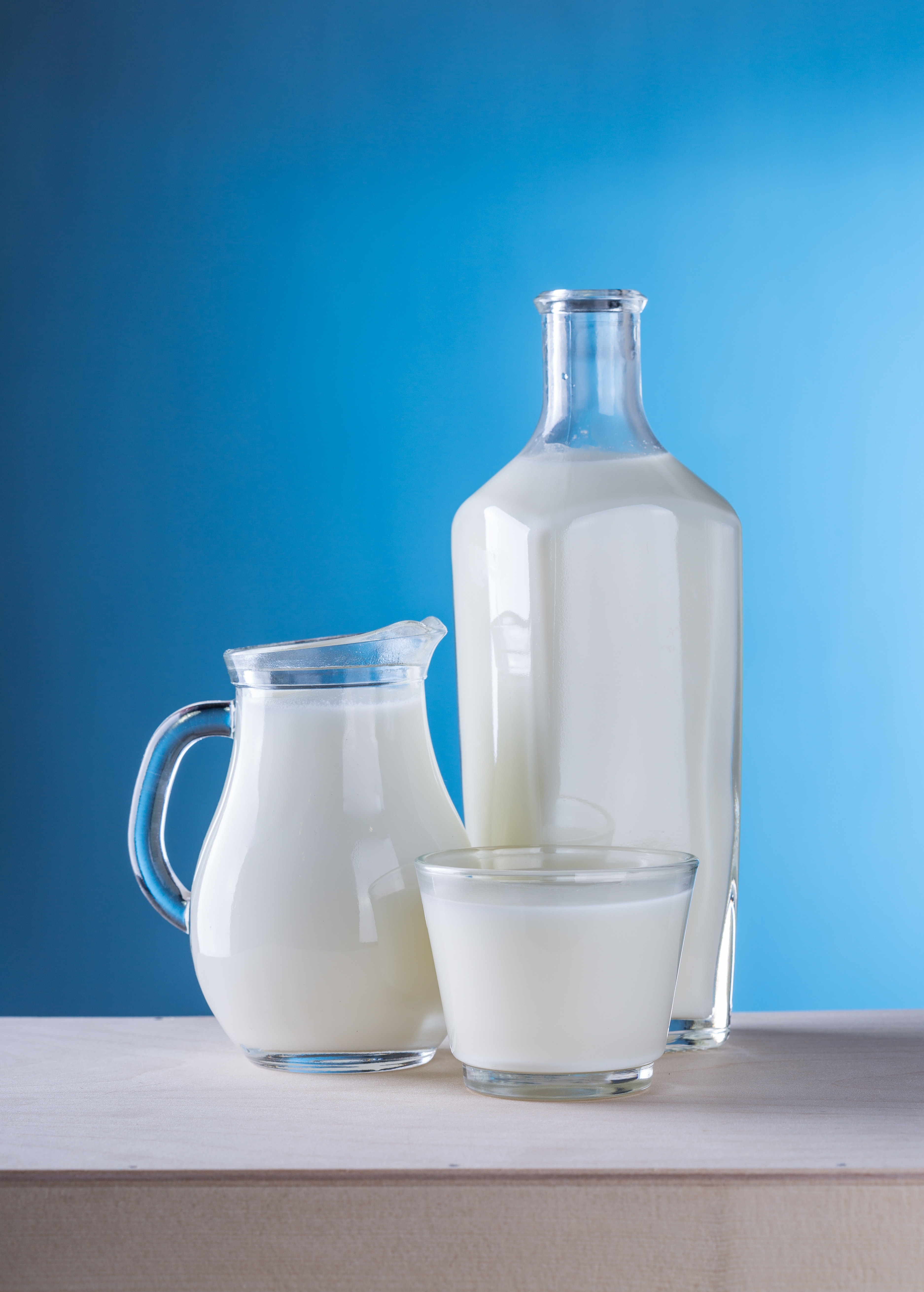
Milk hydrates better than water.
Could this possibly be true? If so, should I drink milk to rehydrate after working out? And should everyone's water bottles contain milk rather than water?
What supports the claim?
Naturally, the milk industry is funding the advertisement. Even though I had never heard of this claim before, the studies that support it aren't especially innovative or compelling. Three short studies from more than ten years ago are cited on the website that supports this advertisement:
In a 2007 study, 11 volunteers—5 men and 6 women—worked out until they became noticeably dehydrated on several occasions. Their urine output was measured over the next five hours after each rehydration with a different beverage.
Compared to drinking water or a sports drink, the study participants retained more fluid after consuming milk (Powerade). Milk was therefore thought to offer better hydration.
According to a 2016 study, seven men who exercised and drank fat-free milk, water, or Powerade experienced marked dehydration. The outcomes were comparable.
In a 2016 study, 72 healthy, well-hydrated men participated. They drank various liquids, and after four hours, the researchers measured how much urine they produced. Water, whole milk, skim milk, beer, orange juice, Powerade, Dioralyte (an oral rehydration solution used after fluid loss from diarrhea), tea, and coffee were the beverages used in this study. The results for the other beverages were comparable to water; however, the researchers discovered that fluid retention was best after consuming either type of milk or the oral rehydration solution.
Milk seems to be a winner, don't you think? Maybe. But there are other factors to think about.
Study specifics are important.
These studies' results cannot be considered conclusive. There are significant limitations, as there are with all research. For instance:
Due to the small number of participants in these studies, the outcomes could be greatly influenced by a small number of individuals.
In two of the three studies, intense exercise in a warm environment resulted in significant dehydration and several pounds of fluid loss. The findings might thus not be applicable to those who engage in more commonplace daily activities or workouts.
The studies also linked better hydration to less urine production in the hours following the consumption of various fluids. This is not necessarily the best definition of hydration—it is merely one.
The benefits of milk that these studies claim it to have may be too slight or fleeting to have a significant impact. In a study involving 72 participants, milk drinkers, for instance, produced about 37 ounces of urine over the course of four hours, whereas water drinkers produced 47 ounces. Does the 10-ounce difference have a significant impact on one's health? Would this difference have vanished if the study participants had been watched over a longer time frame?
More than 1,000 calories would be present in the amount of milk that the seven men in the study consumed. For someone working out for only 30 minutes a day to help maintain or lose weight, that may be acceptable for an elite athlete after hours of strenuous exercise in the heat, but it is unproductive and expensive. Free and calorie-free tap water is available.
Hyping hydration: numerous claims, little evidence
The milk billboard reflects our more recent emphasis on staying hydrated for health. Advertisers for sports drinks, energy drinks, and yes, water bottles, promote or even manufacture this. But does consuming "plenty of water" result in improved athletic performance, skin radiance, or weight loss? Does drinking the regularly advised eight glasses of water per day and keeping an eye on the color of our urine (darker could indicate dehydration) affect our health? I'm not persuaded based on the strength of the evidence presented thus far.
However, there's still more! A recent Australian trend called "emotional support water bottles" combines a security blanket with a way to publicly demonstrate your commitment to good health. (Yes, it exists; the TikTok video #emotionalsupportwaterbottle has received over 80 million views.) Then there is intravenous hydration on demand for healthy (and frequently wealthy) individuals who are convinced that intravenous fluids will enhance their appearance, cure their hangovers, ease their jet lag, or treat and prevent a variety of other illnesses.
Is emphasizing hydration actually beneficial?
Medically significant dehydration wasn't a problem for the majority of healthy people who weren't rapidly losing fluids due to heat, intense exercise, diarrhea, or the like before water bottles were ubiquitous and monitoring fluid intake became commonplace.
The truth is that for the majority of us, drinking when we're thirsty is a wise move. Despite the significant exceptions noted below, you probably don't need to keep a constant supply of fluids on hand or pay close attention to your daily fluid intake in order to be healthy. Whether or not you drink eight glasses of water per day is a far less significant health concern.
When does dehydration become a serious issue?
Dehydration can become a serious issue due to weather, exercise, or illness. People who work or exercise outdoors in warm, muggy conditions are especially vulnerable, as are people who are extremely old, suffer from illnesses that cause significant fluid loss, such as diarrhea, and don't have reliable access to fluids. Replacing lost fluids is crucial if there is significant dehydration; this may even necessitate receiving intravenous fluids quickly in a medical setting.
The idea of substituting milk for water for rehydration may not convince everyone despite the claims made in milk advertisements and the dubious studies supporting them because of the taste, consistency, and added calories in milk.
As for me, I'll continue to drink water until there is stronger proof that milk actually has a health benefit over water for routine hydration. I'll skip the water bottle, though.
Photo by Pixabay